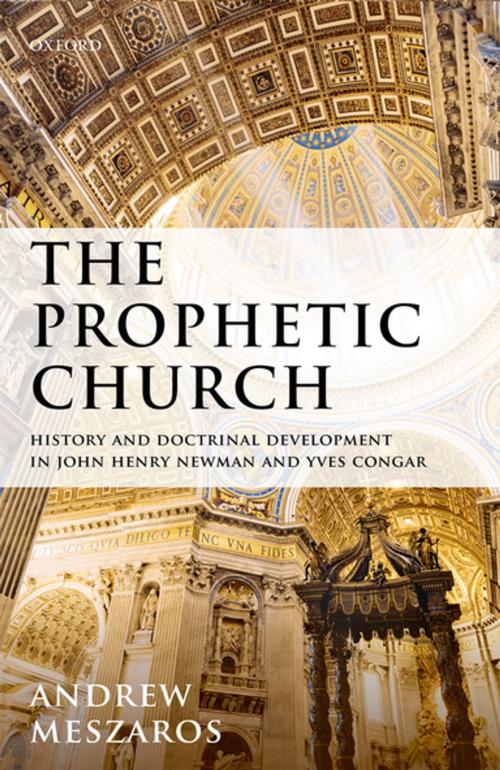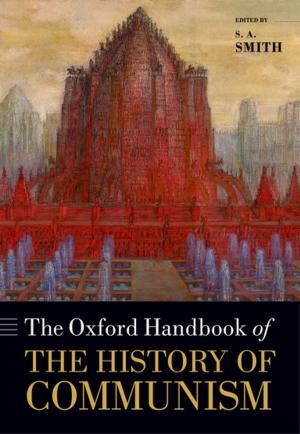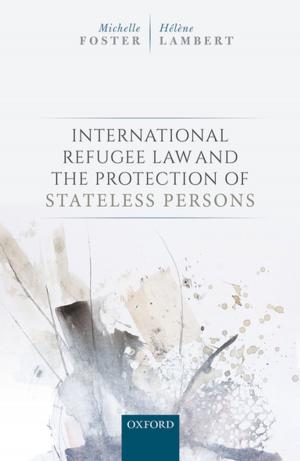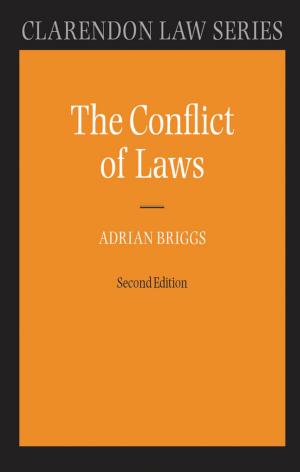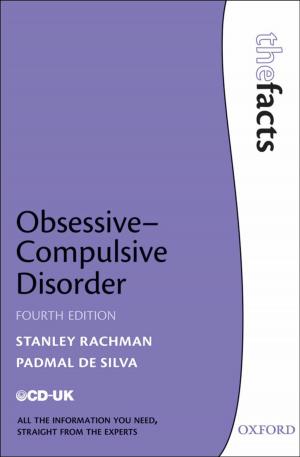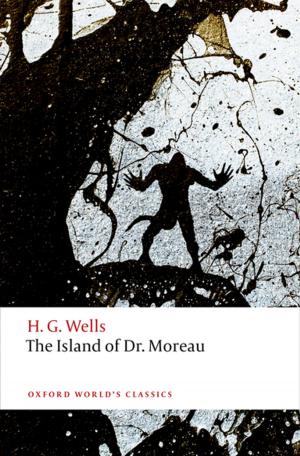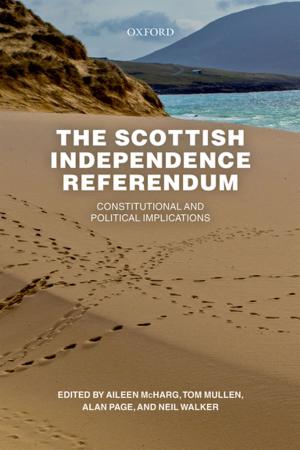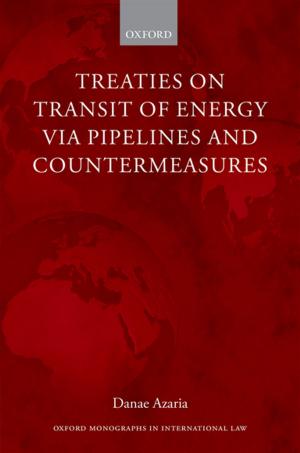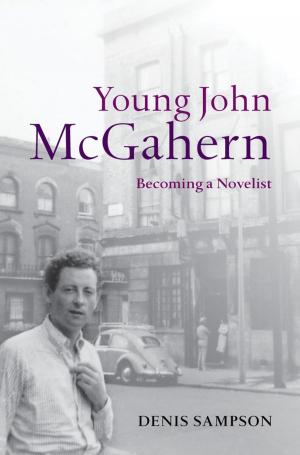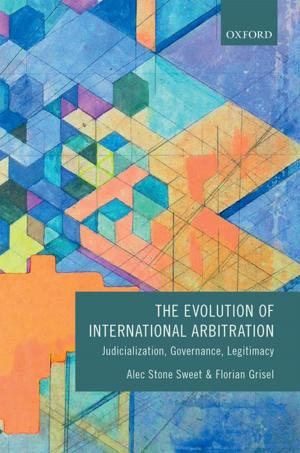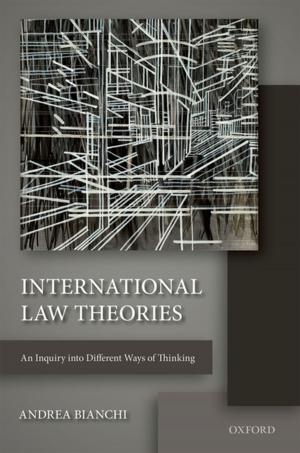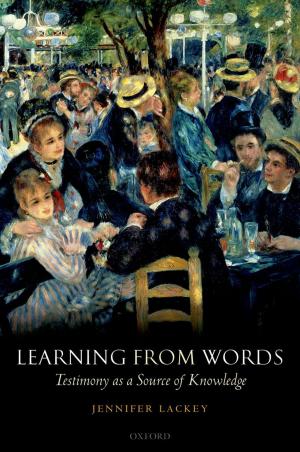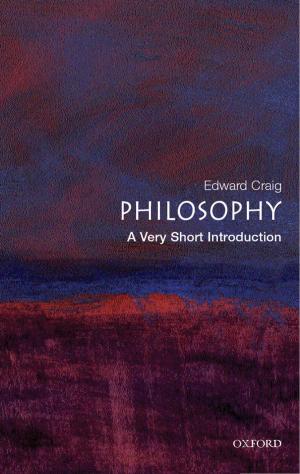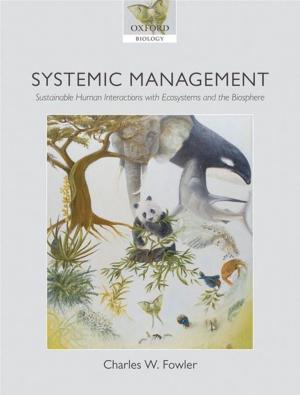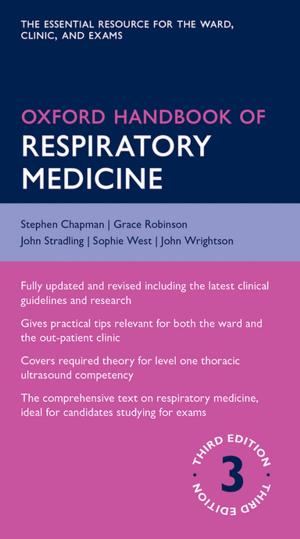The Prophetic Church
History and Doctrinal Development in John Henry Newman and Yves Congar
Nonfiction, Religion & Spirituality, Theology, Christianity| Author: | Andrew Meszaros | ISBN: | 9780191089640 |
| Publisher: | OUP Oxford | Publication: | October 6, 2016 |
| Imprint: | OUP Oxford | Language: | English |
| Author: | Andrew Meszaros |
| ISBN: | 9780191089640 |
| Publisher: | OUP Oxford |
| Publication: | October 6, 2016 |
| Imprint: | OUP Oxford |
| Language: | English |
The Prophetic Church: History and Doctrinal Development in John Henry Newman and Yves Congar is a historical and a systematic account of tradition, doctrinal development, and the theology of history, with a particular focus on the contributions of two modern Catholic figures, John Henry Newman (1801-1890) and Yves Congar (1904-1995). It is structured around two overarching themes: the 'subject' and 'history' in their relationship to doctrinal development. In addition, the thought of both Congar and Newman is interwoven throughout. Andrew Meszaros contextualizes and surveys Congar's reception of Newman. He explains the appeal of Newman and provide concrete evidence that would substantiate the nature and extent of Newman's influence on Congar, and thereby indirectly, on Vatican II. Meszaros also discusses doctrinal development with special attention to the subject and history. These treatments are based on the subjective and historical 'motors' or 'causes', as it were, of doctrinal development. He then develops a theology of doctrine and doctrinal development as inspired by Newman and Congar. In its reflection on the meaning of the Doctrinal Economy, this study contributes to the theological problem of history and doctrine by synthesizing and honing contributions of these two great thinkers of modern Catholic theology. It is precisely some of the key differences between Newman and Congar that make it theologically enriching to study them together.
The Prophetic Church: History and Doctrinal Development in John Henry Newman and Yves Congar is a historical and a systematic account of tradition, doctrinal development, and the theology of history, with a particular focus on the contributions of two modern Catholic figures, John Henry Newman (1801-1890) and Yves Congar (1904-1995). It is structured around two overarching themes: the 'subject' and 'history' in their relationship to doctrinal development. In addition, the thought of both Congar and Newman is interwoven throughout. Andrew Meszaros contextualizes and surveys Congar's reception of Newman. He explains the appeal of Newman and provide concrete evidence that would substantiate the nature and extent of Newman's influence on Congar, and thereby indirectly, on Vatican II. Meszaros also discusses doctrinal development with special attention to the subject and history. These treatments are based on the subjective and historical 'motors' or 'causes', as it were, of doctrinal development. He then develops a theology of doctrine and doctrinal development as inspired by Newman and Congar. In its reflection on the meaning of the Doctrinal Economy, this study contributes to the theological problem of history and doctrine by synthesizing and honing contributions of these two great thinkers of modern Catholic theology. It is precisely some of the key differences between Newman and Congar that make it theologically enriching to study them together.
